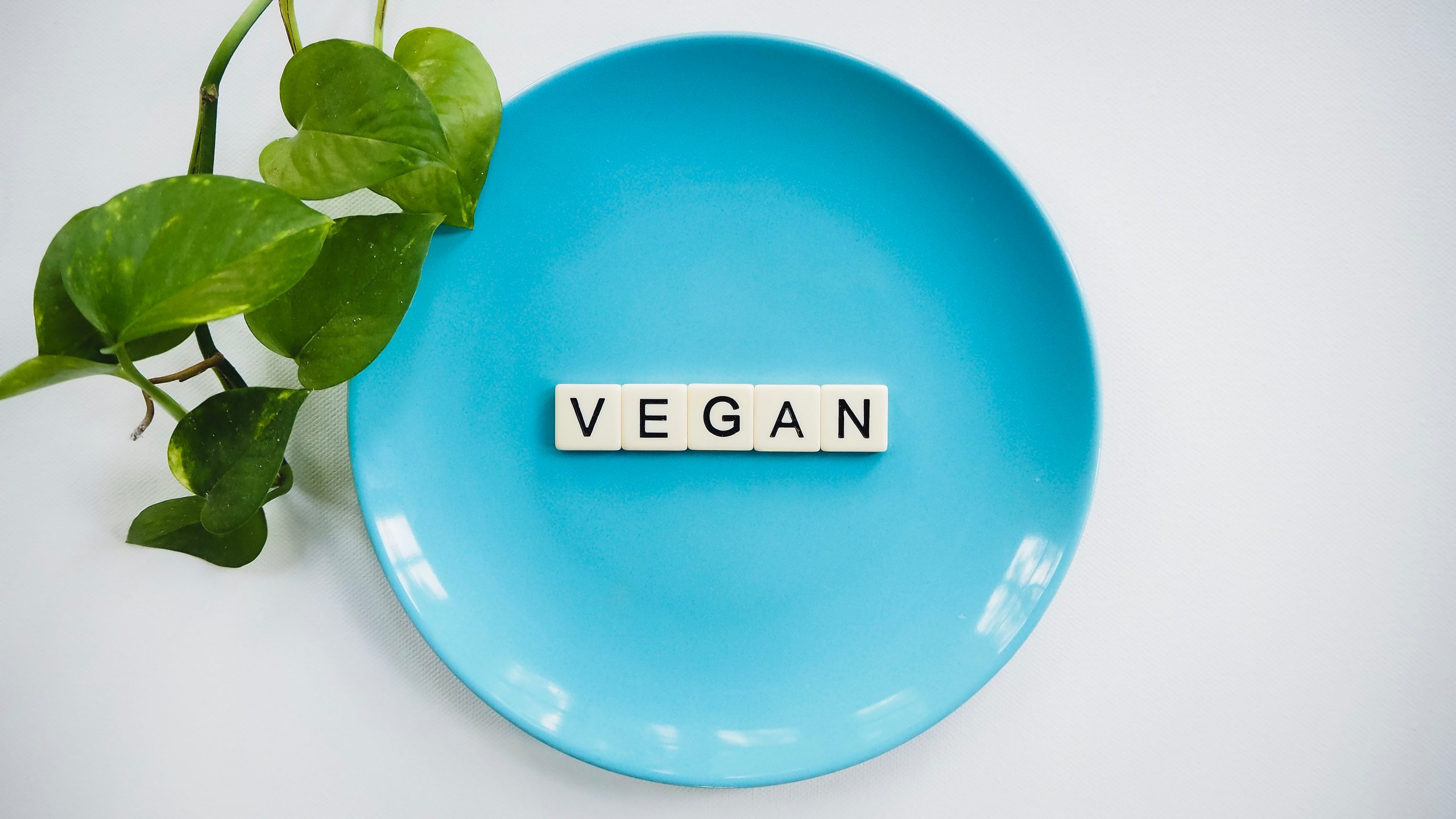What are the top vegan trends as we head into 2021?
By Louise Palmer Masterton, Stem & Glory
As Veganuary is almost upon us, now is a good time to look back at the vegan trends of 2020, and to look ahead to 2021, which many people predict will be even more stratospheric in terms of growth.
According to the Vegan Society, the UK is the largest consumer and purchaser of plant-based milk, meat, cheese and ready meals in Europe. One in three people in the UK have stopped, or reduced their meat consumption, and 25% of evening meals in the UK are now vegan or vegetarian.
2020 was without a doubt the year of plant-based ‘meat’, attracting not only consumer attention, but also large-scale investor attention. It was also the year that all the major UK supermarkets introduced or expanded their own vegan ranges, and the year that, through sheer demand, all UK food outlets were compelled to have greater plant-based offerings.
As a vegan person however, I do think there is a long way to go, both in terms of quality and quantity. I find myself walking out of most mainstream shops empty handed as I still cannot find what I am looking for. Which for reference is something healthy, super tasty and with attention to balanced nutrition. All too often a vegan offering is still just a bunch of vegan ingredients lumped together with not much thought, and no attention to flavour.
It reminds me of my plant-based youth where vegan food was completely devoid of flavour and was just non vegan food with the meat and dairy removed! Salt was also vilified, yum. Vegan millennials however will not put up with this, and vegan options need to be better.
So where is it we see new products starting to gain ground, and where do we see vegan products in the UK heading in 2021?
Vegan “Seafood”

Yes, you did read that right. Vegan seafood has become a fast-moving trend all over the world. I was in Amsterdam in February 2020, on a food tour as part of the Global Restaurant Investment Forum and landed at a place called ‘Vegan Junk Food Bar’. It was there I had my first experience of vegan ‘sashimi’. ‘Vegan sashimi’, what sorcery is this?’ I hear you cry. The first thing to note is that it really, really looks like raw fish. I admit I had very low expectations of the first piece I put in my mouth. These however were immediately dispelled. It was quite tasty, served with a sweet soy dip, and very moreish. I am not really a fan of plant-based meat, but I would eat this again.
Aside from my vegan sashimi experience, the vegan seafood movement does seem to be following a similar trajectory to vegan meat, in that seafood junk – deep fried scampi, deep fried vegan shrimp, fish burgers, and fish goujons – is popular in both supermarkets and early adopter food outlets. We are, however, starting to see better quality attempts at vegan salmon, tuna and even caviar, with greater attention to health and natural ingredients.
Sebastiano Cossia Castiglioni from Vegan Capital is one of the best known and most active investors in the plant-based space. Vegan Capital is an early investor in seafood company ‘Good Catch’ and Sebastiano has observed rapid growth in this area. Sebastiano also notes that some companies that are still involved in animal seafood are now venturing into plant-based. Nestlé, for example, recently released the first plant-based tuna in Switzerland. It was very positively received by consumers.
Sebastiano believes a greater focus on health, protein, and healthy fats is a new trend within plant-based, and this echoes our own feelings here at Stem & Glory. As plant-based becomes mainstream, a shift within the sector towards healthier products is a revolution that is happening now.
Healthier Fake ‘Meat’
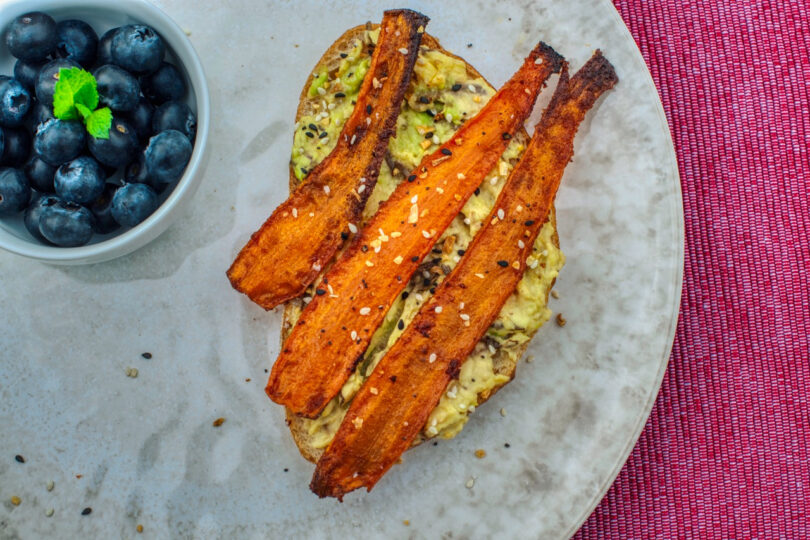
We really have come a long way in terms of plant-based meat, cheese and seafood replacements, but let’s face it, these are all processed, and do not contain the same nutritional profile as their animal counterparts. Take the vegan sashimi product for example. Raw fish is an extremely light and healthy product, high in protein and healthy fat, and very low in carbohydrates. The plant-based counterpart has a high starch content and is a completely refined and processed product.
What we know about good health is that you need a diet high in natural protein and low in refined carbs, so this is a big challenge to plant-based alternatives. The wake-up call to this is already beginning to happen, and we predict that 2021 will be the year we start to see a trend in the direction of healthier and less processed animal alternatives.
At Stem & Glory we are putting our energy into a trend which is sneaking in through the back door. Ed Al Subaei, executive Chef at Stem & Glory, is a genius at creating fake ‘meat’ out of vegetables, instead of highly processed ingredients. For example, he makes a show stopping ‘ham’ from smoked celeriac sheets, and ‘chorizo’ from beetroot. Using the classic flavours to make the experience, whilst remaining 100% unprocessed.
This is something that struck me way back when I became vegan. It isn’t always the meat that is the reason you like a certain dish, it’s a combination of layers of flavour, and if you can create those same layers of flavour from non-animal products, you really can create the same taste sensation.
We are not the only ones on this path either – Tabitha Brown’s ‘carrot bacon’ video made her a social media sensation this year, with that video going viral and garnering over 12m views.
Vegan Ready Meals
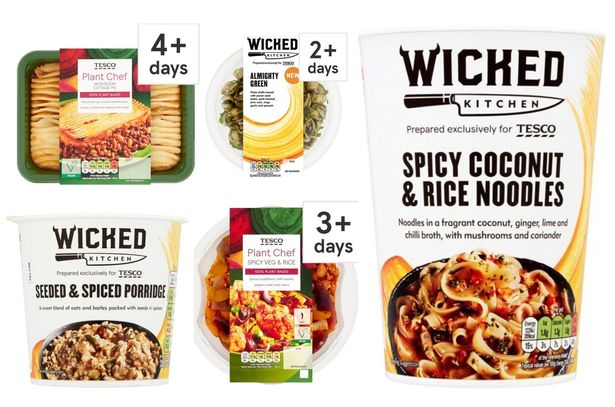
The supermarket shelves are choc-a-bloc with vegan products. Tesco has a plant-based meat section in the meat aisle, and Asda has a dedicated aisle planned for plant-based.
One gap however appears to be quality ready meals. Tesco has been ahead of the game here with their Wicked range, which has ready meals as well as products. But, for me personally, having sampled the offerings from all the major supermarkets, I’m not convinced by taste or quality.
As previously mentioned, all too often products are veganised simply by removing the animal products, without much attention to the taste, and in many cases the texture. At Stem & Glory we are in development mode for our new ready meal range which does have a focus on taste and texture, as well as innovative dishes. The aim is to bring restaurant quality to supermarket shelves and raise the bar on vegan ready meals. We believe that as well as this move towards better quality plant-based ready meals, we will also see a trend towards ready meals in general and grab-and-go foods in a wide variety of settings. A view which is echoed by who predicts that ‘vegan ready meals will be the new normal, with a much greater variety of unequivocally plant-based options, easy to buy and ready to eat, taking over shelves everywhere, from gas stations to convenience stores’.
Vegan Cheese
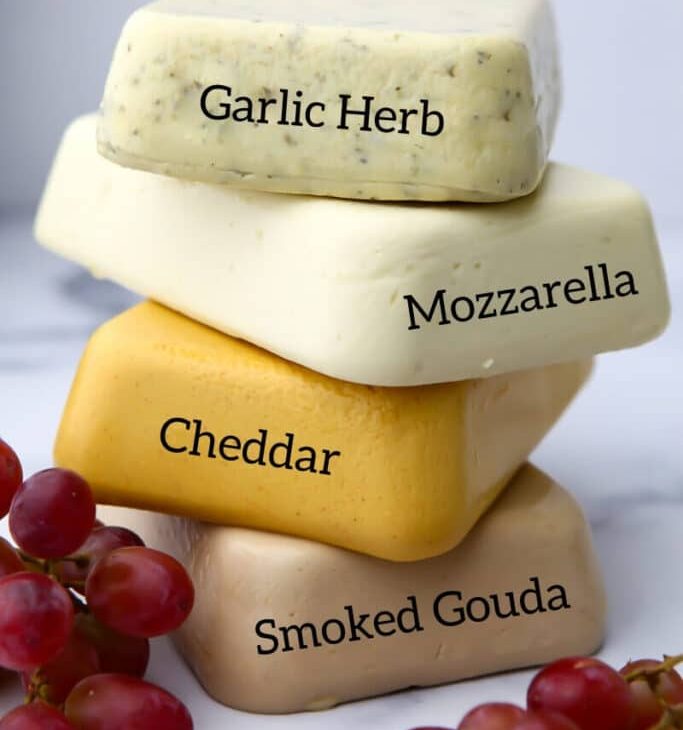
Currently, this is the absolute holy grail and the race is on to be the first company that creates a plant-based cheese that has the same taste and texture as dairy cheese. The noise in the plant-based cheese space is getting louder with each passing week. Personally speaking, I feel there is a long way to go, BUT 2021 could see this start to change, as a few brands are now on the verge of creating an authentic product with an engineered cow’s milk.
I checked in on this subject with Reuben Waller from Plant Candi, a well-known vegan chef. He believes ‘the slow demise of the traditional dairy business will provide a marked contrast with the rise of products such as laboratory engineered cow’s milk, which will signal a seismic shift for the vegan cheese market’. This echoes our view too. Imagine if you could get the full variety of cheese that we have all been brought up on tasting exactly the same as the animal counterpart, but made 100% from plants. What a huge change would come. ‘Not being able to give up cheese’ is given as the number one reason for flexitarians not becoming vegan, so this would be a game changer for the vegan movement. An engineered dairy product would also take plant-based cheese back in a natural and unprocessed direction. As I am sure you are aware if you already eat vegan cheese, many have a nasty aftertaste, and all are highly processed.
I’d just like to be a bit of a spoilsport and throw a caution into the plant-based cheese mix: If we achieve engineered cow’s milk and can effectively replicate dairy products from cream to camembert, are we still, from a health perspective, eating dairy? If dairy isn’t good for the human body, surely an engineered product with the exact same nutritional profile also isn’t good for human consumption?
Vegan Fashion

I’m a lifelong customer of G-Star. It’s been exciting to watch this brand develop over the years. Their range ‘Raw for the Oceans’ was making fashion from plastic pulled from the oceans long before the Blue Planet documentary. G-Star has committed to 100% sustainable cotton, and they use a wide variety of recycled materials in their products.
Another great example of an old established brand being ahead of the curve is Dr Martens who boasted that profits were up 70% year-on-year to March 2019 largely due to the success of their new ‘vegan’ range. Vegan Dr Martens however, whilst being an excellent hard-wearing product, are made from synthetic and non-biodegradable material. So, whilst they tick the vegan box, their products are not yet sustainable.
But innovation in sustainable vegan leather is happening. Michiel van Deursen from Capital V is one investor interested in the plant-based fashion space. ‘Leather is not sustainable at all, and since the alternative is often plastic, this has brought about a shift now towards plant based and biodegradable vegan ‘leather’. Michiel predicts massive growth in plant-based fashion and materials in the next few years, where demand is currently outgrowing production capacity. From an investor perspective, Michiel believes now is the time to get in and invest; ‘lots of investors still only look at alternative protein. I expect that to change in the coming year, when more funds and VCs enter the space. The market is ready to be disrupted. I think we are at that point in time where the major players of the future are now being built’.
These are my top five trends to watch for 2021, but to finish I would just like to throw in one overarching trend which will underpin all others; sustainability. To date, plant-based has been labelled, by sole virtue of it being ‘made from plants’, as ‘sustainable’. Is something sustainable just because it is plant-based? We believe that 2021 will be the year that this comes fully under scrutiny. It isn’t enough to be plant-based, tick the sustainability box and be off the hook. We all need to scrutinise our daily lives, and as businesses we have a responsibility to take whatever steps we need to reduce our carbon footprint – packaging, supply chain, ingredients
In 2021 sustainability will be the greatest trend of all, with consumers utilising their purchasing power in support of those with truly circular and authentic sustainable credentials.
ABOUT THE AUTHOR
Louise Palmer-Masterton is founder of multiple award-winning restaurants Stem & Glory; hip and trendy but accessible plant-based restaurants, serving delicious gourmet vegan food from locally sourced ingredients, 100% made on site. Stem & Glory also offers click-and-collect and local delivery in London and Cambridge. www.stemandglory.uk
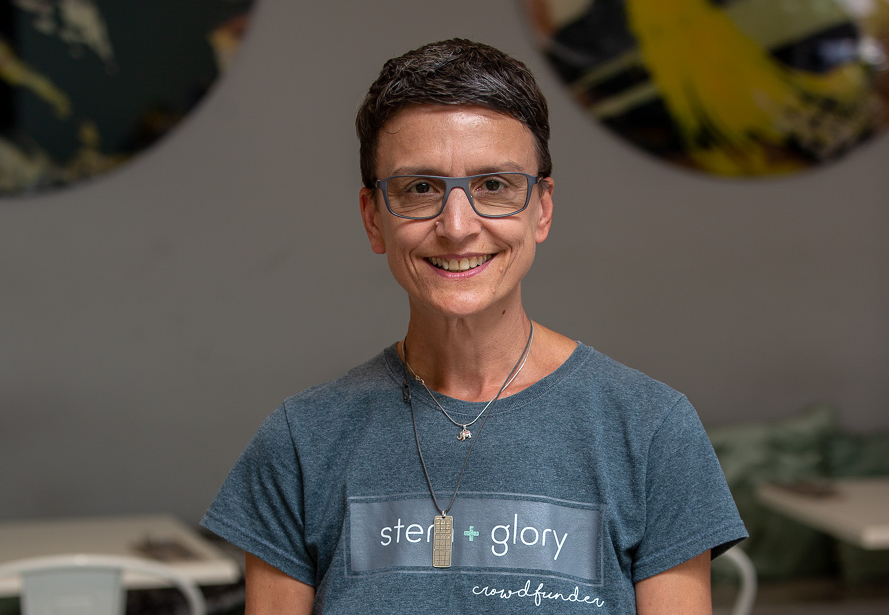
Social Media:
Web: www.stemandglory.uk
Twitter: @stemandglory
Facebook: https://www.facebook.com/stemandglory/
Instagram: @stemandglory
Linked in: https://www.linkedin.com/in/louisepalmermasterton)
https://www.linkedin.com/company/stem-glory/
